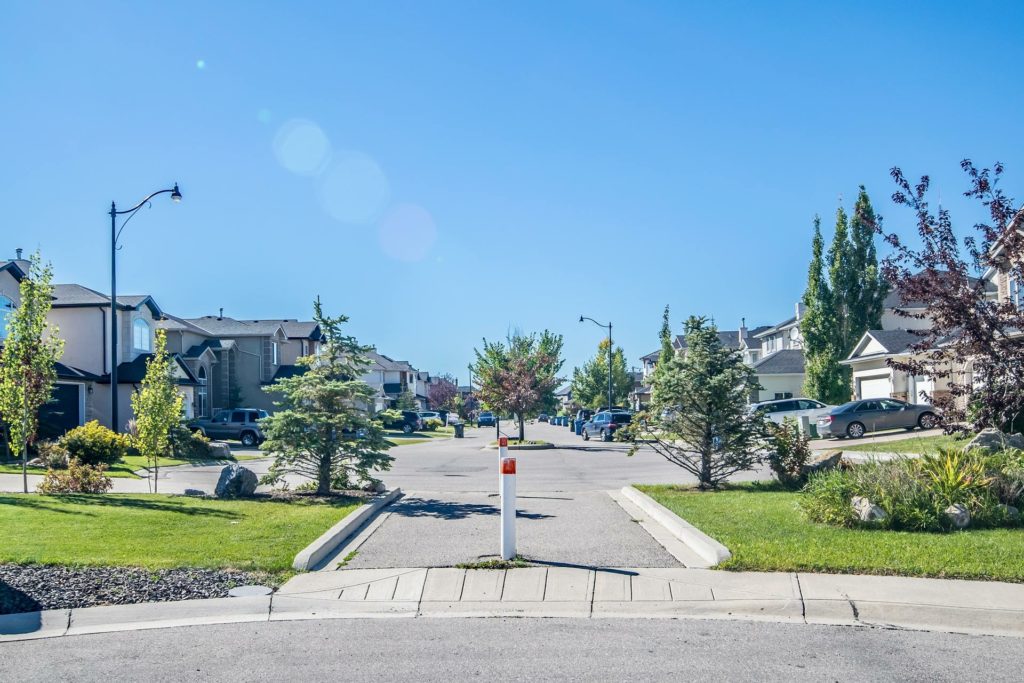When buying or selling real estate in Alberta, sometimes problems arise. This isn’t ideal, and it can add extra time and expense to an already stressful event in life. In this blog post, we cover some of the key problems we’ve seen arise in real estate transactions. If you need help with your purchase or sale, speak to One80 Law today.
1. What if the buyer doesn’t pay their deposit?
When agreeing to buy a property, the buyer and seller enter into a binding legal agreement. If the buyer changes their mind and doesn’t pay the deposit, as stipulated in the contract they’ve signed, then they’re in breach of contract.
The deposit is typically paid into a trust account held by the seller’s agency. So when the deposit is not paid and there’s no money held, the seller has the option to take legal action against the buyer to recover the money as outlined in the purchase agreement.
The seller then also has the right to void the contract and sell the property to someone else.
2. What if the buyer cannot close?
The contract between the buyer and seller is a binding agreement. There might be a whole range of reasons why the buyer cannot close. For example, they may choose to exercise an opt-out clause previously negotiated under the home inspection terms, or perhaps the buyer’s circumstances have changed and the house is no longer a fit for them. Sometimes, the buyers are just not able to get their finances arranged for the purchase.
Generally, if the buyer cannot close and there were no contingencies or conditions listed in the contract, then they will lose their deposit to the seller. The seller then has the option to re-sell the property. If the price of that sale (to the second buyer) is lower than the price agreed upon with the first buyer, the seller may sue for any difference. For example, if the previous sale price was $750,000 and the new sale price is $650,000, the seller can sue the original buyer for the loss of $100,000.
In the case of contract conditions and defects, the situation will be more complicated. See point 5 of this article.
3. Can I keep their deposit?
The deposit is paid into a trust account pending closing. If the buyer pulls out of the contract without clear contract conditions supporting their withdrawal, the seller can keep the deposit.
4. Should we change the closing date?
When the buyer and seller agree to the sale, a closing (or completion) day is also agreed.
If either the seller or buyer wants to change the closing date, they’ll need to have the other party’s agreement to process the change. For example, the buyer might need more time to arrange their finances. All changes need to be agreed upon in writing. Either party has the right to agree or disagree with a change in date (or any other proposed change after the contract is signed). The buyer or seller can also be creative when negotiating the terms – for example, the seller could ask for extra deposit money to be paid for the inconvenience of the buyer’s proposed date change.
5. What if there are problems with the property after closing, like undisclosed defects?
If the buyer moves into the property after closing and then finds defects, there could be repercussions for the seller. Under Alberta law, the buyer needs to show 5 things:
- There is a defect
- It is a latent defect (a defect which could not have been detected upon reasonable inspection),
- The seller knew about the defect, or concealed it
- The defect makes the property dangerous, potentially dangerous or unfit for habitation,
- The buyer relied on the misrepresentation of the seller when buying the property.
An example of this kind of defect is a basement leak which happens in certain seasons.
As you can see, this is a complex situation which needs the expertise of a real estate lawyer. Speak to One80 Law today if you’re concerned about issues with your property after closing. We’ll walk you through your options if problems arise with your real estate agreement.
Disclaimer: The content on this website is provided for informational purposes only and does not constitute legal advice. To seek legal advice, please contact One80 Law directly to retain a lawyer https://one80law.ca/contact/


